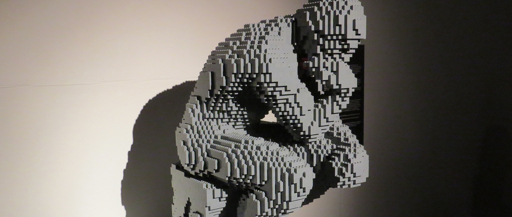Computer pioneer Alan Turing’s remarks in 1950 on the question, “Can machines think?” were misquoted, misinterpreted and morphed into the so-called “Turing Test”. The modern version says if you can’t tell the difference between communicating with a machine and a human, the machine is intelligent. What Turing actually said was that by the year 2000 people would be using words like “thinking” and “intelligent” to describe computers, because interacting with them would be so similar to interacting with people. Computer scientists do not sit down and say alrighty, let’s put this new software to the Turing Test - by Grabthar’s Hammer, it passed! We’ve achieved Artificial Intelligence!



I think the Chinese room argument published in 1980 gives a pretty convincing reason why the Turing test doesn’t demonstrate intelligence.
I am sceptical of this thought experiment as it seems to imply that what goes on within the human brain is not computable. For reference: every single physical effect that we have thus far discovered can be computed/simulated on a Turing machine.
The argument itself is also riddled with vagueness and handwaving: it gives no definition of understanding but presumes it as something that has a definite location, and also it may well be possible that taking the time to run the program inevitably causes understanding of Chinese after even the first word returned. Remember: executing these instructions could take billions of years for the presumably immortal human in the room, and we expect the human to be so thorough that they execute each of the trillions of instructions without error.
Indeed, the Turing test is insufficient to test for intelligence, but the statement that the Chinese room argument tries to support is much, much stronger than that. It essentially argues that computers can’t be intelligent at all.
Searle argued from his personal truth that a mystic soul is responsible for sapience.
His argument against a computer system having consciousness is this:
" In order for this reply to be remotely plausible, one must take it for granted that consciousness can be the product of an information processing “system”, and does not require anything resembling the actual biology of the brain."
-Searle
https://en.m.wikipedia.org/wiki/Chinese_room
My personal truth is that anyone that believes in mysticism isn’t sapient either